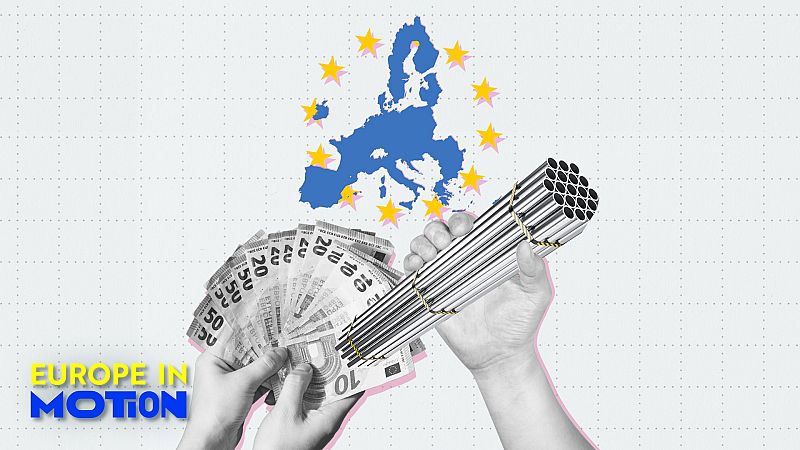
In 2024, the EU exported iron and steel and related articles worth €77.8 billion and imported €73.1 billion.
This led to a trade surplus of €4.7 billion, as per the most recent Eurostat figures.
In comparison to 2019 figures, exports saw an increase of 15.2%, whereas imports climbed by 23.7%.
Even with the rise in monetary value, the physical weight of exports dropped by 17.3%, and imports fell by 1.6%.
According to Eurostat, this suggests that "the increase in value was mainly due to rising prices."
In 2024, Turkey was a key partner for both exporting and importing iron and steel products.
The nation secured the top spot in exports, amassing a total of €6.2 billion, and claimed the third position in imports, totaling €3.5 billion.
The United States ranked as the second largest export partner for iron and steel, valued at €5.4 billion, trailed by the United Kingdom, Switzerland, and Mexico.
From 2019 to 2024, shipments of iron and steel to Mexico rose by 54.1%, and to the United States they climbed by 51.1%; concurrently, imports from India surged by 89.2% and those from South Korea grew by 43.0%.
India led as the primary buyer of iron and steel with imports valued at €3.9 billion. This was closely trailed by South Korea at €3.6 billion, China at €3.5 billion, and the United Kingdom at €3.2 billion.
What does the EU have planned regarding steel imports?
The European Commission has unveiled proposals to impose stricter import limits aimed at decreasing arrivals by an additional 15% starting in April.
The aim of this measure is to stop a flood of inexpensive steel from entering the European market after the U.S. introduced new duties.
European steel manufacturers—who are already grappling with elevated energy costs and rivalry from Asian and other international markets—have cautioned that the EU might turn into a disposal site for inexpensive steel diverted from the U.S., which could jeopardize the existence of European steel facilities.
"Within just a few years, global overcapacities—especially in Asia—have severely affected the order books of our facilities," stated Commission Vice-President Stéphane Séjourné when presenting an action plan for the steel and metal sectors.
"The top priority is to safeguard our steelworks from unjust international competition – regardless of where it originates," Séjourné emphasized.


No comments:
Post a Comment